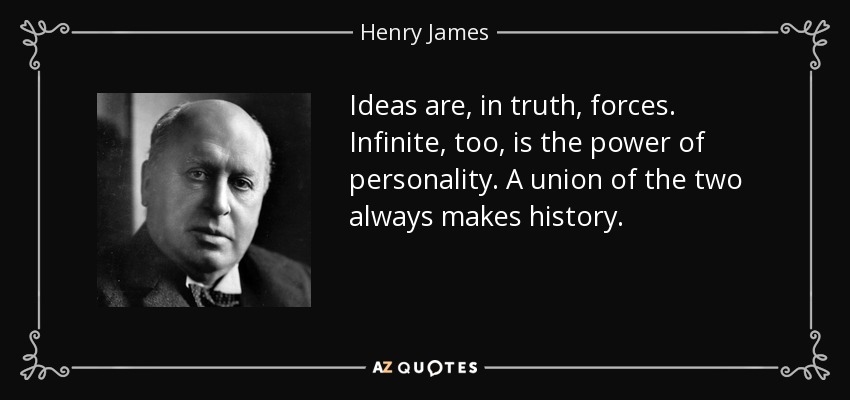It was his life. Yes, Mr. Change lived for it, and was ready to give all for it. He was a man on a mission - to change the world for good, through the work of the organization which he founded. Due to his commitment and due to the goal the organization stood for, he was able to build a team of highly motivated men and women, all of whom worked passionately for bringing in positive change in the lives of their fellow beings.
But they were then in a difficult spot. Something had happened, and they were in the midst of a big crisis: a crisis that threatened their very existence, the dreams and aspirations for which they had worked so hard for so long. Something had to be done.
Change hence called an emergency meeting of Team Inbox, his top management team. They sat together for one long day, deliberating on what could be done. Many solutions emerged, but most of their answers were slight variations and adaptations of known approaches. None of them was creative enough to help them get out of the crisis they were in. Though no workable answer came in sight, Inbox did realize one thing though: they needed a fresh approach, a new way of thinking. Inbox understood that it needed to get outside the box they were in.
So they called in Team Outbox, a well-known consultancy firm which had a diverse experience advising organizations and individuals solve various types of problems. Outbox was known for its remarkable ability at out-of-the-box thinking; the firm gave some really fresh ideas and suggested some very novel solutions.
But the prescriptions given by Outbox did not appeal to Change or his top management team. They did seem to be out-of-the-box, but they were out-of-the-world as well! Outbox's ideas did not instill enough confidence in Change and his team so as to convince them to 'buy' them and decide to implement them. They were grossly out of touch with the reality of their organization, especially their values and culture.
In that grim situation, one of the members of the top management team suddenly recalled a recent innovation in the organization, which was a product of Team Manybox. Manybox was nothing but a creative informal coalition of the organization's own employees, drawn from various levels in the hierarchy. They meet regularly, often over lunch and over tea, discuss various matters at and outside work, and work together in identifying and solving problems.
Team Manybox was very happy to accept the challenge and help out the organization - and themselves - in this situation. They put together not only their minds, but also their hearts and collective spirit, in developing a crystal-clear and unbiased formulation of what exactly the problem was. Yes, their first task was to define the box. Having characterized the problem correctly, they imagined the goals of a good solution - they came to a broad understanding of what a good solution should fulfill. They realized that they lacked the skills and knowledge to tackle some pieces of the puzzle, but not all. They hence took the cooperation of both Team Inbox and Team Outbox, in framing the problem intelligently, in generating solution alternatives and in charting out a plan for action. They found that the best solutions lay neither in the box nor out of the box: they were in multiple boxes, including the box they were in, and were of different shapes and sizes.
#Innovators don't just #ThinkoutoftheBox!— Student of Life (@DheepJoy) March 27, 2015
They see & think both IN & OUT of MANY boxes. Open boxes.#Innovation
Due to Manybox's intimate knowledge of the organizational history as well as the work they do on a daily basis, they had a richer and nuanced understanding of what works and what did not. Their inspiration and aspiration to multiply the impact of the work they do motivated them to seek out solution approaches which weaved the past and the present smoothly into the future they wanted to create. The desire to give wings to their dreams energized them to accept their areas of ignorance and learn from the expertise and experience of people and disciplines outside their box, to assert their knowledge and build on it and to creatively fuse knowledge and ignorance from various domains to create new ideas, mindsets and solutions.
The end-result was nothing but amazing! Change and his top management team were surprised. Why did we not think of Manybox before? They wondered.
The end-result was nothing but amazing! Change and his top management team were surprised. Why did we not think of Manybox before? They wondered.
Let us hope they do not have to wonder so any more....
What about us? Are we tapping into our Team Manybox?
- Dheep
Twitter: @DheepJoy; dheepjoym@gmail.com
October 9, 2017



















